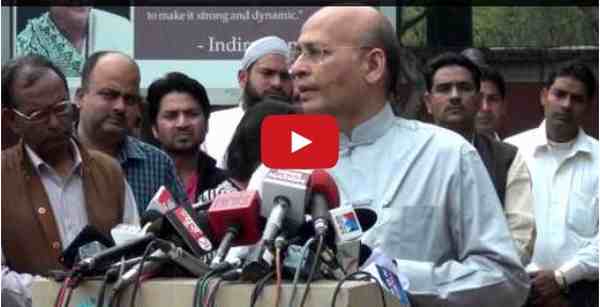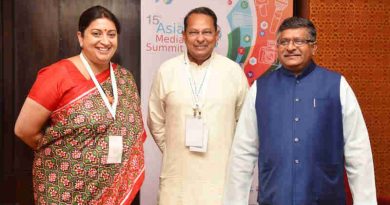What Is the State of Journalism in the Fake News Era?

A colloquium at UNESCO on 23 March will examine the impact of transformations reshaping journalism worldwide, including the challenges of audience fragmentation, misinformation, and the concept of ‘fake news‘.
‘Journalism under fire: challenges of our time’ will provide an opportunity for leading media experts, journalists and social scientists, as well as representatives of social media and of media development organizations, to take stock of the profession’s concerns for quality.
“The Oxford Dictionaries’ Word of the Year for 2016 was “post-truth,” notes Irina Bokova, the Director-General of UNESCO.
“We see today the rise of questions that go to the heart of free, independent and professional journalism. We must explore these trends, debate these concepts, and chart new ways forward, together. This is vital for democracy, the rule of law, and good governance.”
At stake is the challenge for media organizations to regain trust and fulfil their vital mission. In the words of Irina Bokova, “Guaranteeing a free press is essential for the development of societies and important for every woman and man to exercise their right to access information and their right to participate as citizens in democracy.”
The colloquium will be opened by Michael Worbs, Chairperson UNESCO’s Executive Board, Director-General Irina Bokova, David Kaye, UN Special Rapporteur on the promotion and protection of the right to freedom of opinion and expression, and Marcelo Rech, President of the World Editors Forum.
Christiane Amanpour, UNESCO Goodwill Ambassador for Freedom of Expression and Journalists’ Safety and Chief International Correspondent for television broadcaster CNN, who will moderate two afternoon sessions on the impact of social networks and ‘fake news.’
Roundtable debates will feature the participation of experts on a wide range of topics affecting journalism today including:, identity politics, business models and new technologies, audience identity, media education and ethics.
The perspectives shared during the meeting are expected to contribute to the UNESCO flagship series World Trends in Freedom of Expression and Media Development.
The meeting is held during La Presse en Liberté week, which includes an exhibition and debates on press freedom organized at UNESCO by the Delegation of France and Switzerland to UNESCO (22 – 29 March).




